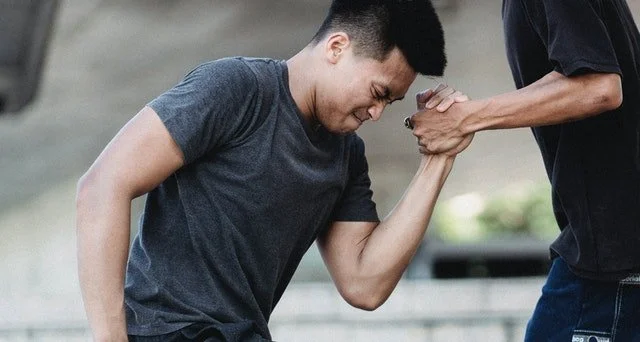Dealing With the Grief That Comes With Being a First Responder
Helping people in their time of need is almost in your DNA. Your work is challenging and physically intense. It's no small task to be a first responder and dedicate your life to the cause. You couldn't imagine your career as anything else.
But the one thing that a lot of people don't realize about being a first responder is the mental and emotional turmoil it can cause. People think of the heroic acts first responders do and they are applauded. What most people don't realize is that the things you see and what you have to do can be the hardest part of the job. There's almost this unspoken assumption that for civilians, the emergency event is over and the first responders on the scene just move on. Life would be so much easier if that was the case.
First responders are human and can be just as affected by the emergency event as the person/people going through it.
First Responders Are Human Too
Tragedies and fatalities can happen. As a first responder, you are arriving on the scene first. Maybe it is a house fire, a car accident, a medical emergency, or something else. The event itself doesn't really matter. But sometimes, the outcome of what happens is the worst-case scenario. You may not have known the people in this situation, but the compassionate and empathetic soul that you are can't help but be affected.
Why?
For starters, it is hard to know that someone has passed away after an emergency situation. It weighs heavy on you during the hours or days afterward. You can't help but feel the heartbreak that comes with knowing that someone experienced something that ultimately caused them to pass away.
In some cases, a first responder may even question their own actions or question what they could have done differently if anything. As first responders, it's hard to not have these things affect you. Because of this, it's really common for first responders to have a trauma response or to grieve.
First Responder's Experience Grief Differently
When someone is grieving the loss of a loved one, they often try to do certain things that can help them through that time. They can join a support group for others who have also suffered a loss or create little memorials for them.
If you work in the fields of EMS, firefighters, medical, and law enforcement - that isn't something you can follow exactly. You are continually exposed to life and death situations because that is what your career entails.
Further complicating this is that as a first responder, you need to remain as calm as possible. You need to keep your composure no matter what you are seeing or experiencing. And for that, the people you are responding to appreciate it beyond belief.
Dealing With Grief As A First Responder
Even though your grief is not the same as a civilian, you can find ways to cope with it so you can continue to do your job.
Self-Care
Self-care is important for everyone. But especially for first responders. You could try:
Talking to your coworkers. They will know exactly how grief feels in this type of situation. Mental health is something that affects everyone and shouldn't be so stigmatized.
Take care of your body. Your job is physically grueling so it is also important to make sure you are giving it the healthy fuel it needs to continue to serve your community.
Taking care of victims and survivors is also important, but so are you. There is nothing wrong with putting yourself first.
It's not selfish to know when you need to take a step away and have some time to yourself.
Sometimes it is hard to know how to do any of these things and even more difficult at times to give yourself permission, but the clinicians at The Next Step are here to help.
Click here for more information on Counseling for First Responders.
